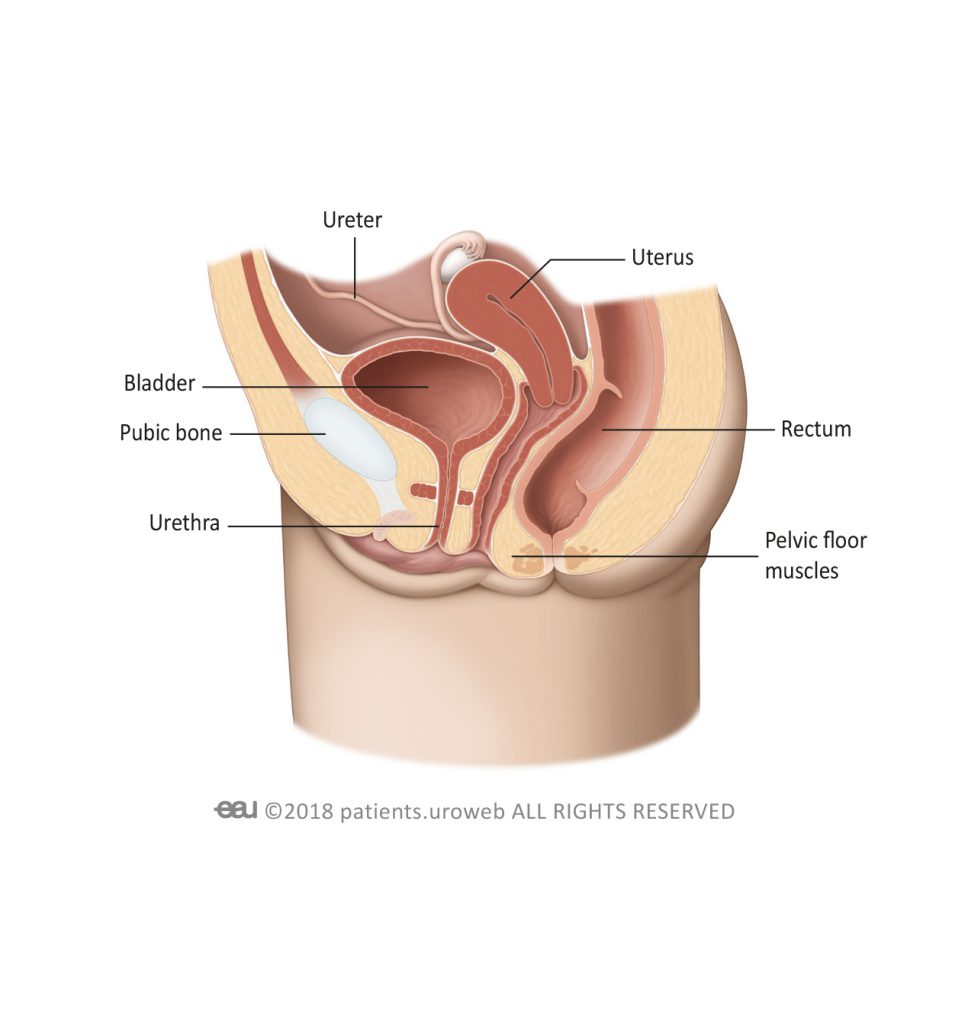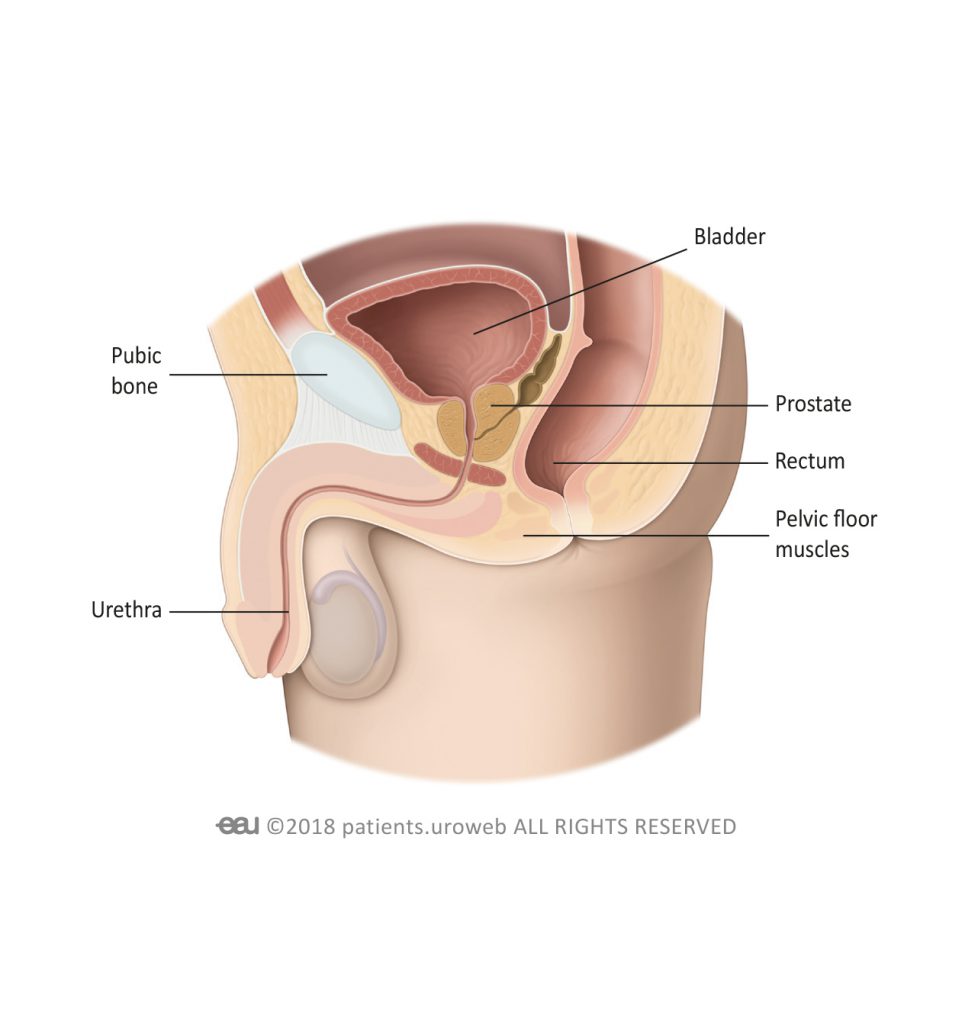Self-management
Lifestyle advice
It is very likely that some simple lifestyle changes you can make will to improve your urinary incontinence. You may need to do some detective work to find what patterns make it worse or better, but it is very likely that you are already doing some things to help your symptoms. This section will give you further information and advice on other simple changes you can make to help manage your symptoms.
Given that urinary incontinence often makes people feel out of control of their body, it can be empowering to take charge and see the benefits of changes that you have made. It may be helpful to keep a diary during this time so that you can keep track of what changes you have made, what other things you are trying, and what effect these have.
Diet can have a noticeable effect on urinary incontinence. Certain types of food are known to irritate the bladder. The most common are spicy foods and sharp-tasting foods such as citrus fruits and strong cheeses.
If you regularly include these foods in your diet, you may wish to try removing them for a while and see if this improves your usual urinary incontinence symptoms. If it does, you can then choose to continue leaving these foods out of your diet. If you miss these foods, you could try re-introducing them one at a time. That way you can work out whether it is a specific food that makes your urinary incontinence worse or whether there is a ‘tipping point’ of how many of those foods you can enjoy, before they start to have a negative effect on your urinary incontinence.
You may also wish to keep a note of when you eat, as well as what and how much, to see if any of these factors trigger your urinary incontinence symptoms.
Drinking a lot of liquid, can make your urinary incontinence symptoms worse, but limiting your fluid intake can be harmful because it may lead to dehydration, urinary tract infections, urinary stones, or constipation. It is best to speak to your doctor about how much liquid to drink each day.
Caffeine, alcohol, and soft drinks do not cause incontinence, but it is well known that they can make some people need to urinate more urgently or more often, because they irritate the bladder.
Avoiding these types of drinks may therefore improve your symptoms. Remember that even drinks marked as decaffeinated may have some caffeine in them.
Constipation has also been linked to urinary incontinence. If you don’t have regular bowel movements, the pressure inside the colon builds up and presses against the bladder, making urinary incontinence worse. It is therefore important to make sure that you take in enough fluids each day and that you have a balanced, varied diet that includes plenty of vegetables, fibre, and fruits.
Trying to stay a healthy weight is a good idea, as obesity is also linked to urinary incontinence. If you are currently overweight, some of your urinary symptoms may improve, or even disappear altogether, if you lose weight. This is because being overweight causes more pressure to weigh down on the bladder and urethra (the tube through which urine leaves the body from the bladder). It can also weaken your pelvic floor muscles and reduce the amount of control you have over your bladder.
The majority of people with urinary incontinence find that their symptoms improve or disappear altogether with lifestyle changes alone, so it is well worth giving it a go.
Bladder training
Your doctor may recommend bladder training to help improve your urinary incontinence. Firstly, you will be asked to keep a bladder diary. You may be asked to write down what and how much liquid you drink, how often you go to the toilet to urinate and possibly also to measure how much urine you produce when you go to the toilet.
Based on this information, your doctor will give you a schedule/timetable for going to the toilet to urinate. By following the schedule, you will gradually increase the amount of time between toilet visits which can help to re-train your bladder. If the bladder training is successful, you will gain more control, and be able to hold more urine in your bladder or hold your bladder for longer periods of time.
Pelvic floor muscle exercises
The pelvic floor muscles support the bladder and the bowel. Weak pelvic floor muscles can lead to urine leakage. Pelvic floor muscles can weaken with age, illness or due to hormonal changes.
Pregnancy and childbirth can weaken the pelvic floor muscles in women. Prostate surgery, and in particular, radical prostatectomy (an operation to treat prostate cancer), can weaken the pelvic floor muscles in men.
Pelvic floor muscle exercises can help to re-strengthen the pelvic floor, and if done correctly and carried out regularly, have been shown to successfully improve, and even cure, urinary incontinence. If your doctor decides that this course of action is suitable, you may be referred to a physiotherapist for specialist advice such as pelvic floor exercises that are tailored to your individual needs.

Pelvic floor muscles in women

Pelvic floor muscles in men

